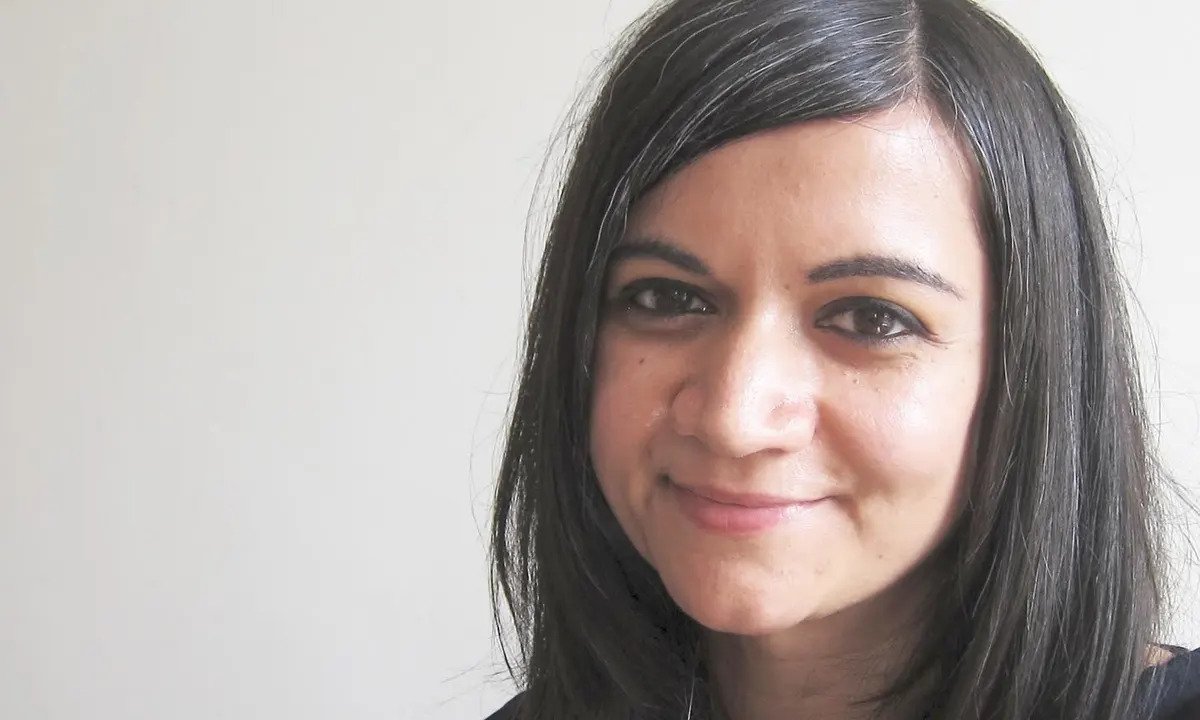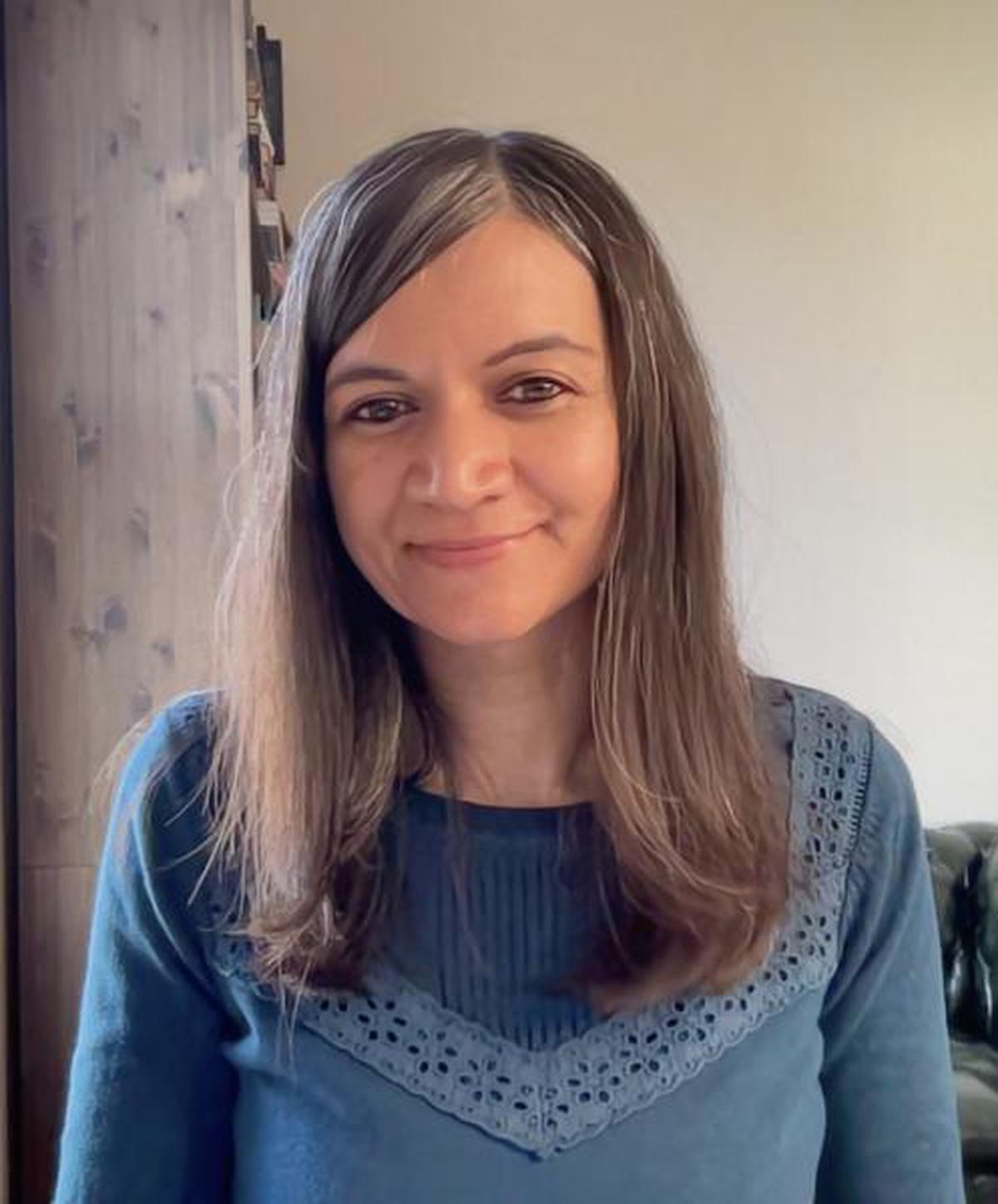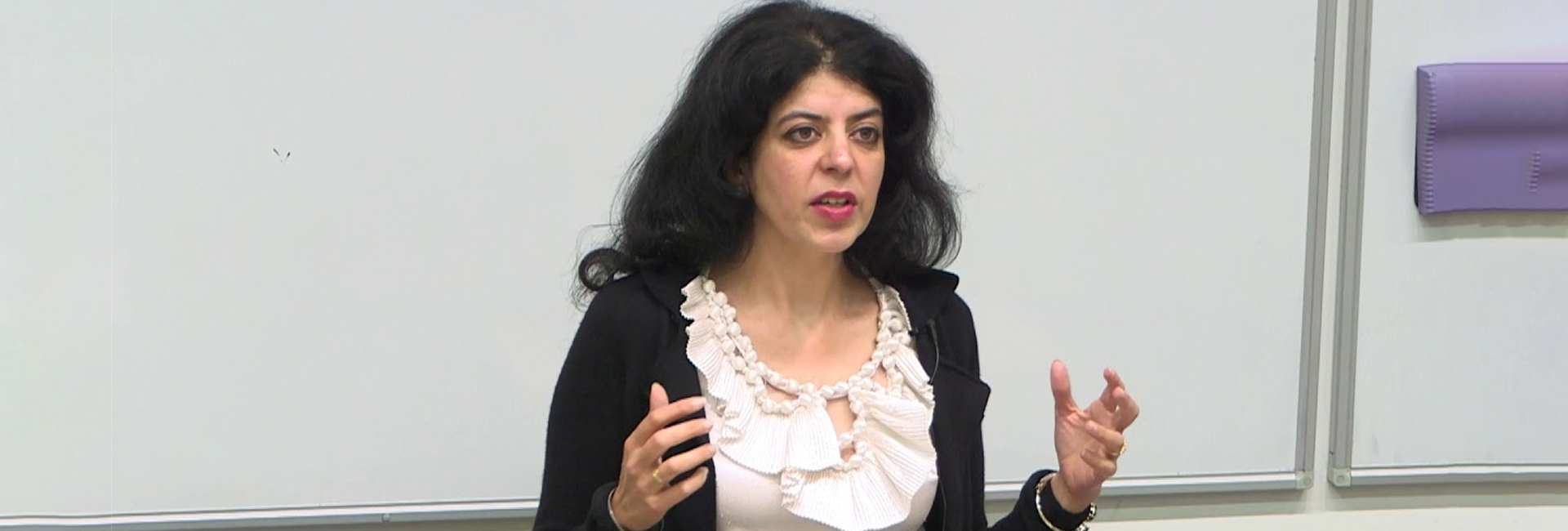(September 25, 2023) “It took three years. I write slowly, the first pages in longhand, then typing. I usually try to get each sentence and paragraph sounding right before I go on, reading and editing from the beginning of the story,” says Chetna Maroo, the Indian-origin author whose debut book Western Lane has been longlisted for the 2023 Booker Prize. The 160-page novel revolves around Gopi, an 11-year-old who is brought up with two other sisters in the UK and is driven to become an athlete by her father as they struggle with grief. The novel, set within the context of the British Gujarati milieu, has been praised by the Booker judges for its use of the sport of squash as a metaphor for complex human emotions. “It’s an honour. It’s humbling to see Western Lane amongst all the books that have been longlisted in the history of the prize,” the Kenya-born said in an interview.

Chetna Maroo
The novel, which is Chetna’s debut, hit the stalls in February this year, and in a few months has garnered praise from book lovers all across. The London-based author moved to the UK from Kenya in childhood and grew up with three sisters and two brothers. It’s this bond that she brought to life with Western Lane, telling the story of three sisters who grow up in the absence of a mother and their bond with one another. Reading the nuances of the squash in Western Lane, one could easily imagine that Chetna was a child prodigy. But growing up in the UK, she didn’t pick up the squash racquet until her late teens as she calls herself “extremely uncoordinated” as a child. It wasn’t until her 20s and 30s that she played squash properly. “I always liked the squash court and felt at ease at the squash court. There was something about the squash court itself, about the simple white box: it’s such a surreal, unfamiliar place, where time seems suspended and the outside world can be forgotten,” Chetna added. It was her physical presence in the court for years that helped her bring the experience to the book.
However, writing wasn’t her first passion. In fact, before taking up writing as a profession, she worked as an accountant for many years. While still keeping her day job, Chetna started taking writing seriously only a decade ago, wherein she wrote many short stories. Those years brought with it many rejections but also a couple of acceptances where her stories were published in The Paris Review, The Stinging Fly, and The Dublin Review. In 2022, Chetna was bestowed with the Plimpton Prize for Fiction for one of her short stories. Having been brought up on a great diet of books, she was always interested in the world of fiction, especially sci-fi and thrillers. And this love later metamorphosised into her passion for writing.

While she was glued to her desk at home writing short stories, she kept developing the story of Gopi for three years. It began with a month-long writing workshop in 2018 that played a catalyst in changing the trajectory of her life. It was in this workshop that she first developed the story of Gopi, however, it wasn’t until the next six months that she began working on the book. “For a good six months, I read a lot of children’s stories, and a lot of them were retrospective narratives,” Chetna said in a podcast.
Having a personal tryst with squash and grief of losing her mother, Chetna was able to draw inspiration for the story of Gopi in Western Lane. “I lost my mother in my early 20s, so that’s how I depict the grief part in the novel,” she said. Western Lane tells the story of Gopi and her sisters who have recently lost their mother. Their father is bereft and struggling to parent his daughters, and encourages Gopi to hone her skills in squash.

For someone who loves music and art, Chetna knew that writing was something that she had a chance with. Despite her novel being longlisted for the 2023 Booker Prize, Chetna doesn’t believe in giving too much into the highs and lows of life. “I am in a happy state but I like to keep things steady. That’s the best way forward.” added the Global Indian.




